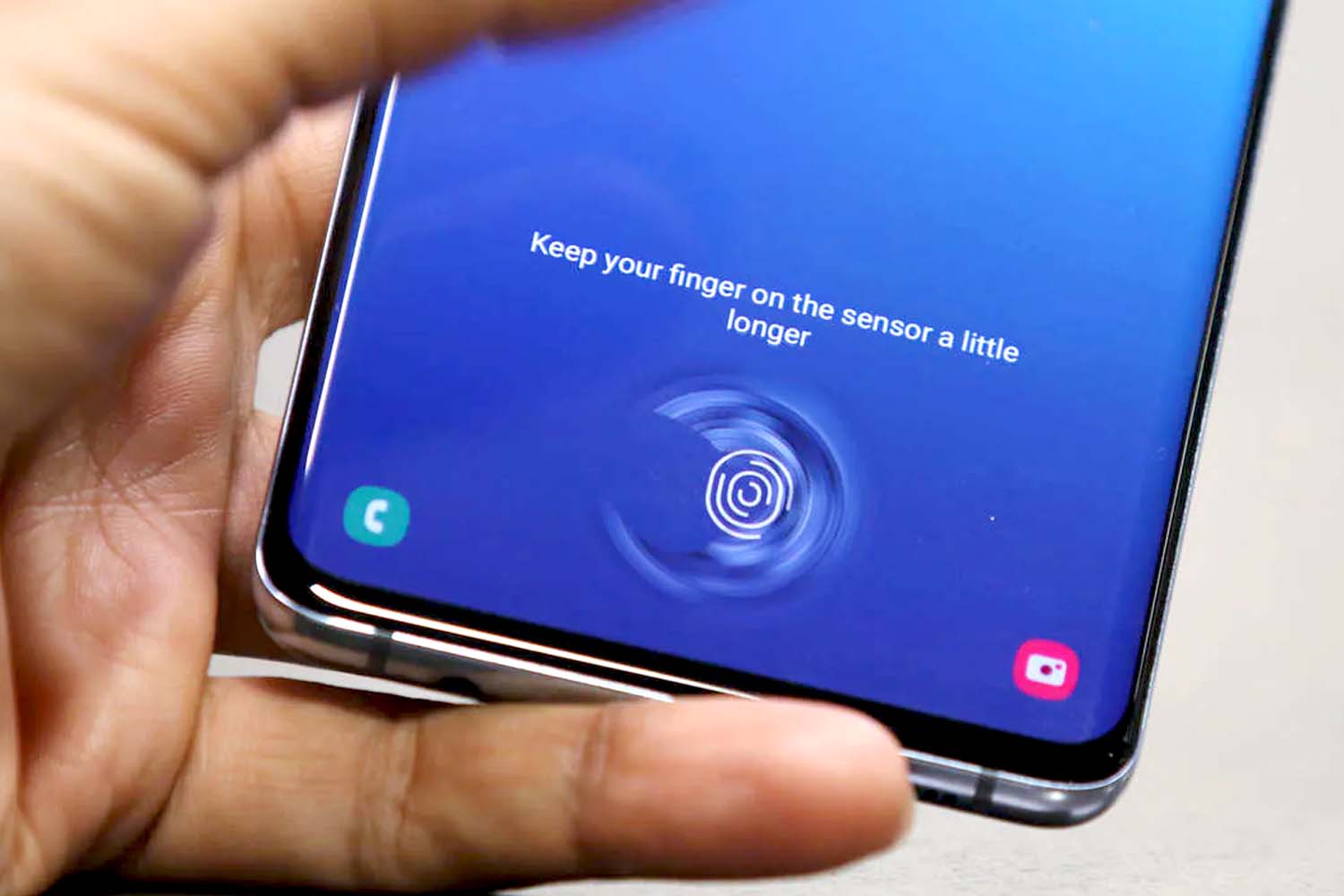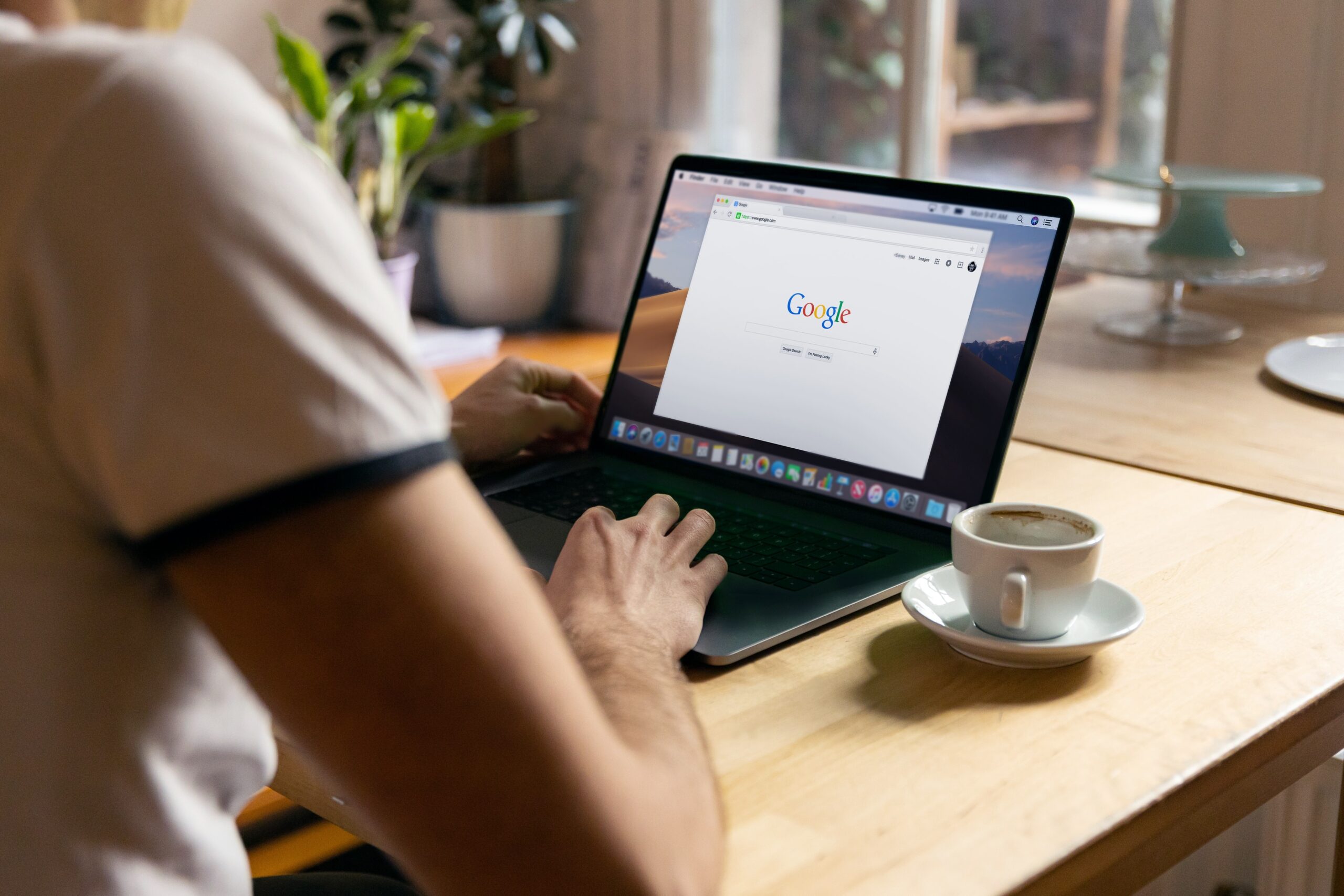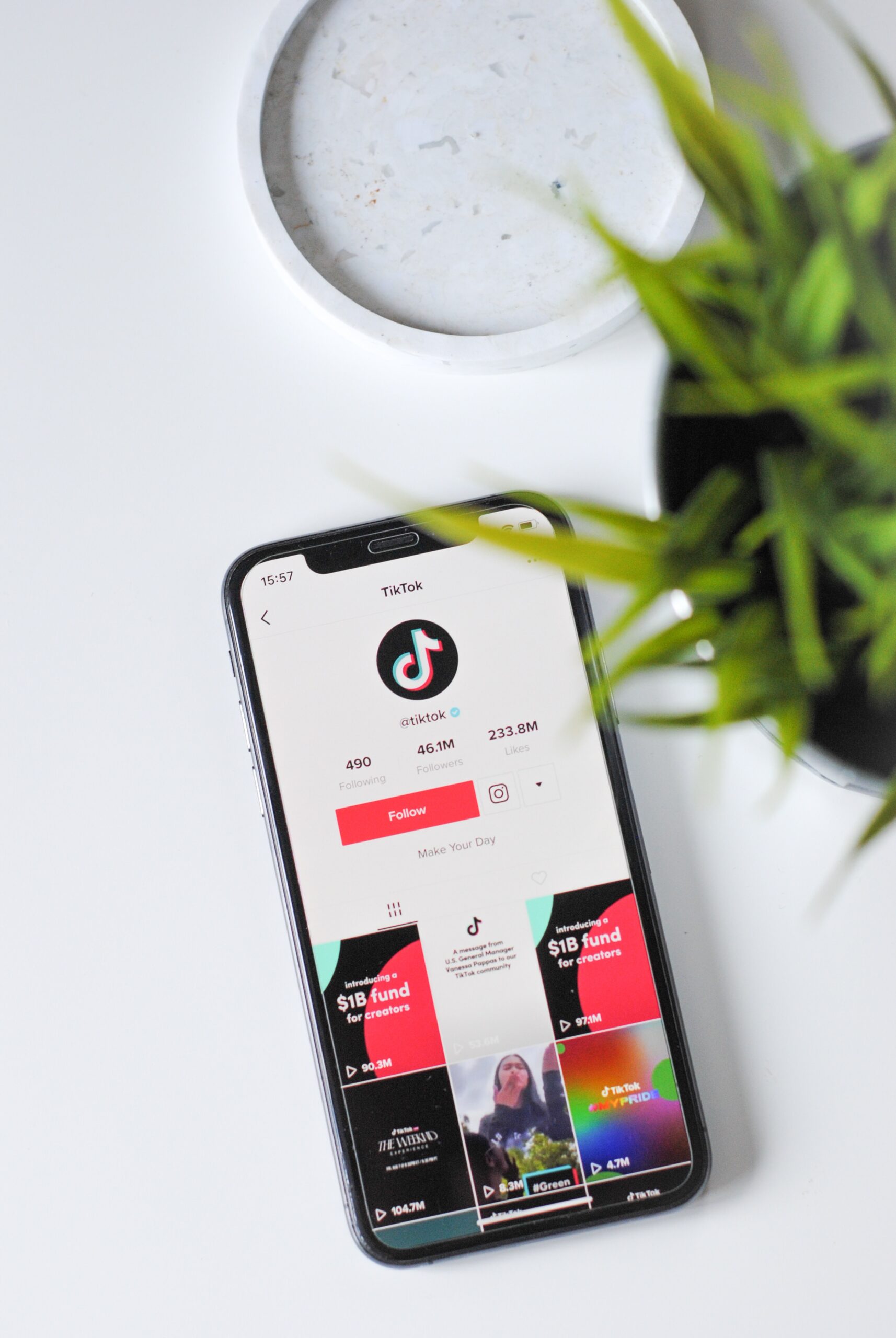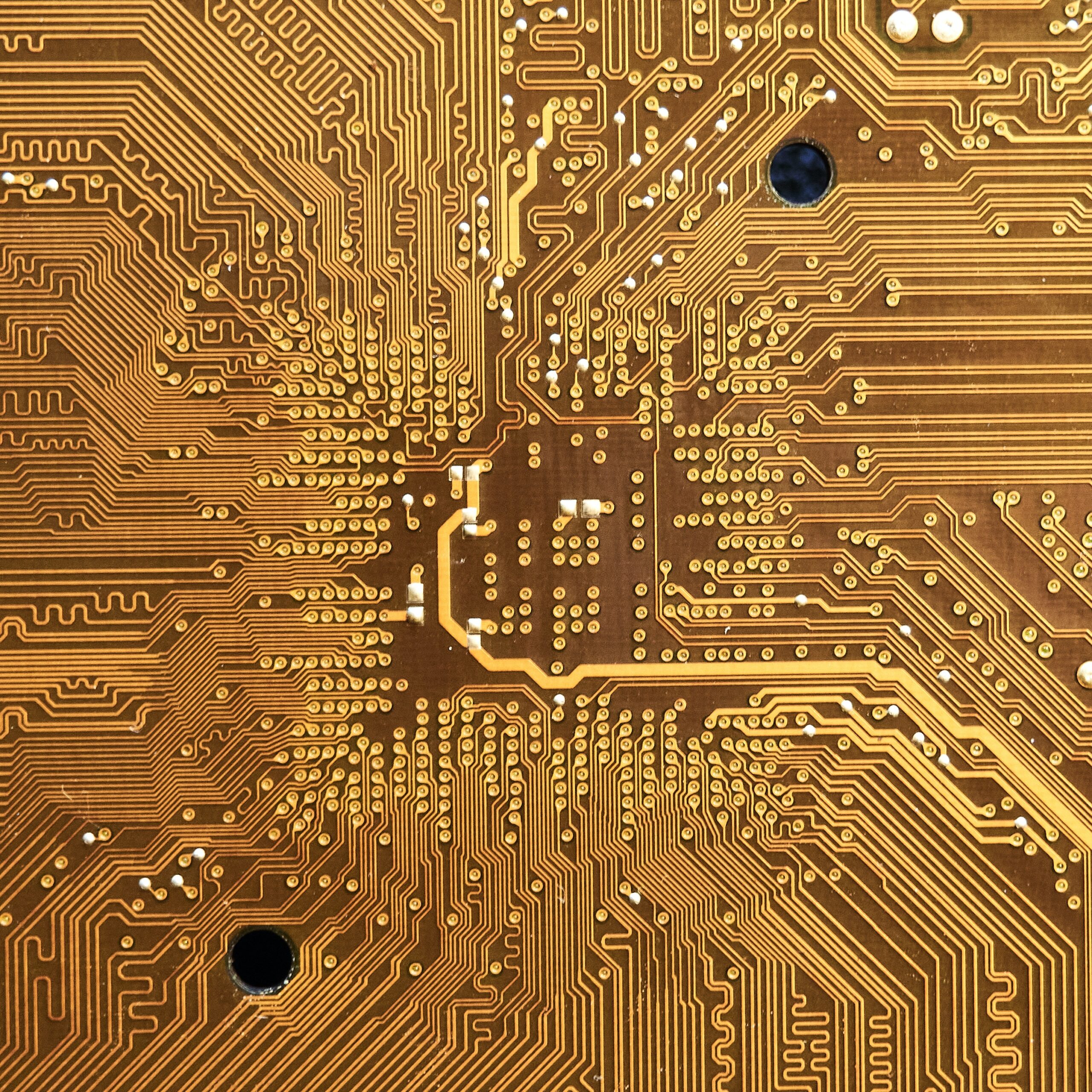Apple
iPhone vs. Samsung Phones: Which Is Better?
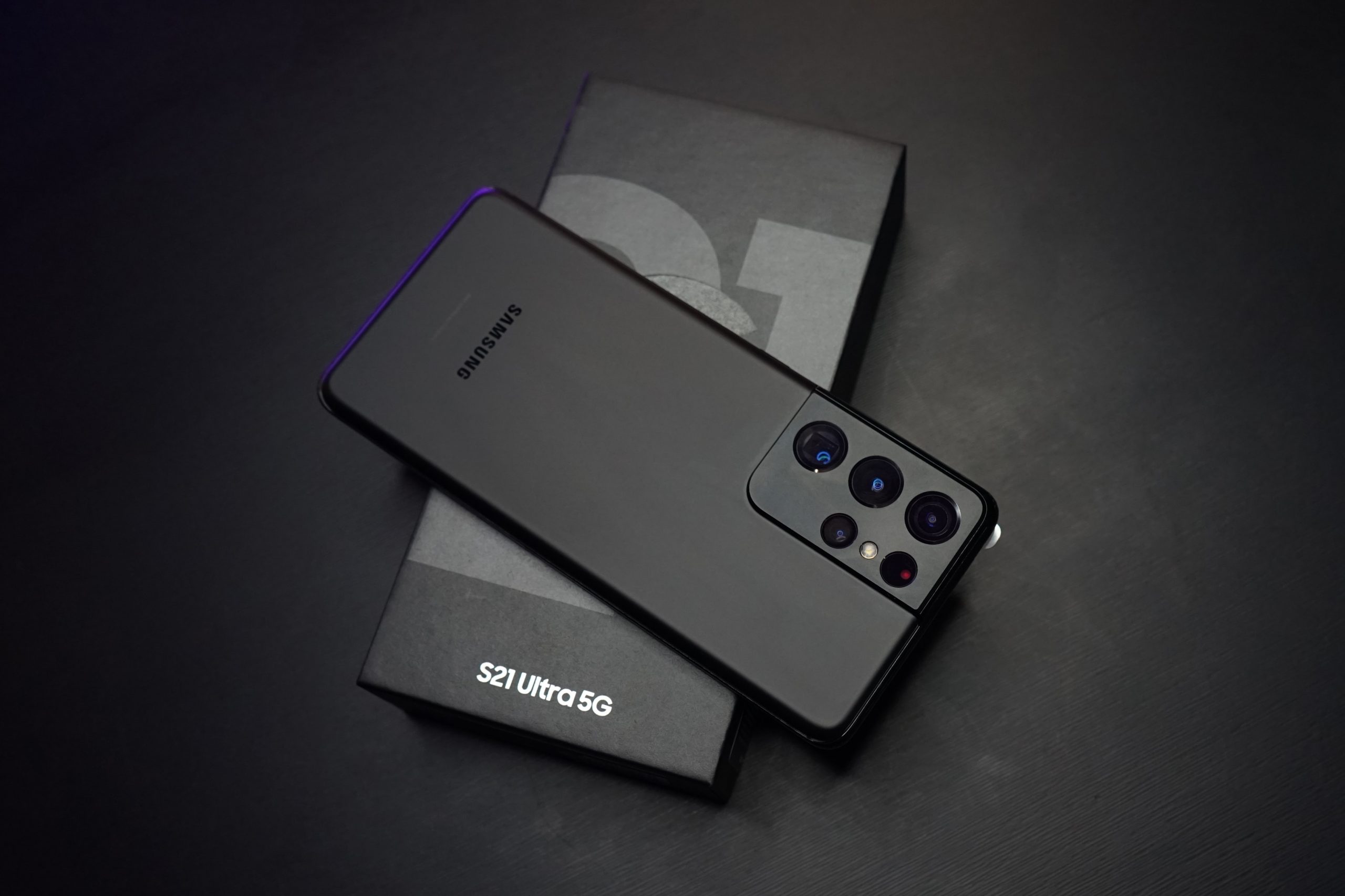
Most consumers have strong preferences when deciding between the iPhone and the Samsung Galaxy.
To one side are the devoted Apple customers who have been using iPhones for years.
But then there is Samsung’s legion of devoted customers who can’t get enough of the company’s cutting-edge products.
However, the average consumer shouldn’t have to decide between the iPhone and the Samsung Galaxy based on their own preferences.
Instead, you should compare the two options to pick the best one.
We’ll be discussing this very topic here. Let’s delve deeper and see what we find.
1. Cost and Economic Efficiency
The price is probably the most apparent distinction between iPhones and Samsung’s flagship devices.
Although Apple devotees may disagree, someone unfamiliar with the Apple environment would initially think that iPhones are too expensive.
Compared to Apple’s flagships, Samsung’s are more likely to provide more excellent value for the money.
You can choose a reasonably priced Samsung smartphone to suit your needs and preferences among the company’s many models.
2. Cameras
Regarding raw photo quality, image consistency, and video quality, iPhones have typically received more accolades than their Samsung counterparts.
However, Samsung greatly improved with the S22 series, especially with the Galaxy S22 Ultra.
While reliability has traditionally been Apple’s strong suit, Samsung’s smartphones provide a photographic experience that is notably more polished, entertaining, and adaptable.
Samsung phones are ideal for those interested in tinkering with their camera and trying out other functions.
However, iPhones perform admirably if you desire a neutral image and video profile and don’t want aggressive image processing algorithms to auto-edit them for you.
Because of this, they are great for professionals that do their own photo and video editing and place a premium on capturing accurate colors and a smooth shooting experience.
That is to say, the variations in camera quality between the iPhone and the Samsung are more subjective than objective.
3. Method of Operation
Historically, it has been simple to draw parallels between iOS and Android, with the standard argument being that iOS is easier to use while Android offers more personalization options.
Once upon a time, that was the final chapter.
To be sure, competition ensures that both operating systems have progressed over time, even if some of the initial promises are still widely made.
TouchWiz, Samsung’s previous user interface, is a reminder of how terrible Samsung’s software game used to be, which is to be expected given that Samsung is primarily a hardware manufacturer.
However, the latest iteration of Samsung’s One UI layer, atop Android, arguably provides the most streamlined software experience currently available.
IOS, on the other hand, is Apple’s own proprietary software, allowing the company greater control over the final product and hence improved memory management, program integration, user security, and dependability.
Apps like Instagram and PUBG are frequently better optimized for the iOS experience because of the limited amount of iOS devices.
The durability of iPhones is a significant benefit over Samsung phones.
Even though Samsung’s flagship and midrange phones receive four years of major Android updates, an iPhone will still serve you well for at least five more.
There is, however, one essential exception to this rule.
Phone batteries are often constructed of lithium-ion, which degrades over time.
Keep in mind that the iPhone’s battery life will deteriorate, and you may need to buy a new gadget in three to four years, even if you buy it just for the more extended OS support.
4. Battery Performance
Apple has never been one of the smartphones to boast about its battery life in a competitive market.
On the other hand, Samsung’s advertisements focus heavily on the phone’s enormous battery life and rapid charging speeds.
The iPhone may not have a massive battery, but the efficiency of its own iOS software guarantees exceptionally long battery life, particularly in the iPhone 13 series.
It has a long way to go before it can compete with other modern smartphones in terms of charging speed.
The iPhone 13 Pro Max can take up to three hours to fully charge with Apple’s MagSafe charger, but only about 90 minutes using an aftermarket 30W charger.
The Galaxy S22 Ultra, on the other hand, can be charged with the 45W Samsung adapter in just over an hour, making it ideal for heavy users or gamers.
Both manufacturers no longer include wall and car adapters with their flagship products.
Which Is Better for You, an Apple or a Samsung?
When deciding between two equally impressive smartphones, 90% of the time it comes down to what you prefer. This is also the case.
The smooth and integrated Apple ecosystem is a major selling point for the iPhone.
Calling, video recording, system navigation, and web surfing are all tasks that perform more reliably on iPhones.
On the other hand, Samsung phones are the best option if you’re looking for a blank slate to build your own unique mobile experience.
Samsung’s flagships are always impressive thanks to their arguably superior design, entertaining photography experience, increased number of features, and the One UI skin.
Android
What phone is more expensive: iPhone or Samsung? 5 Tips to Know (Write for us)
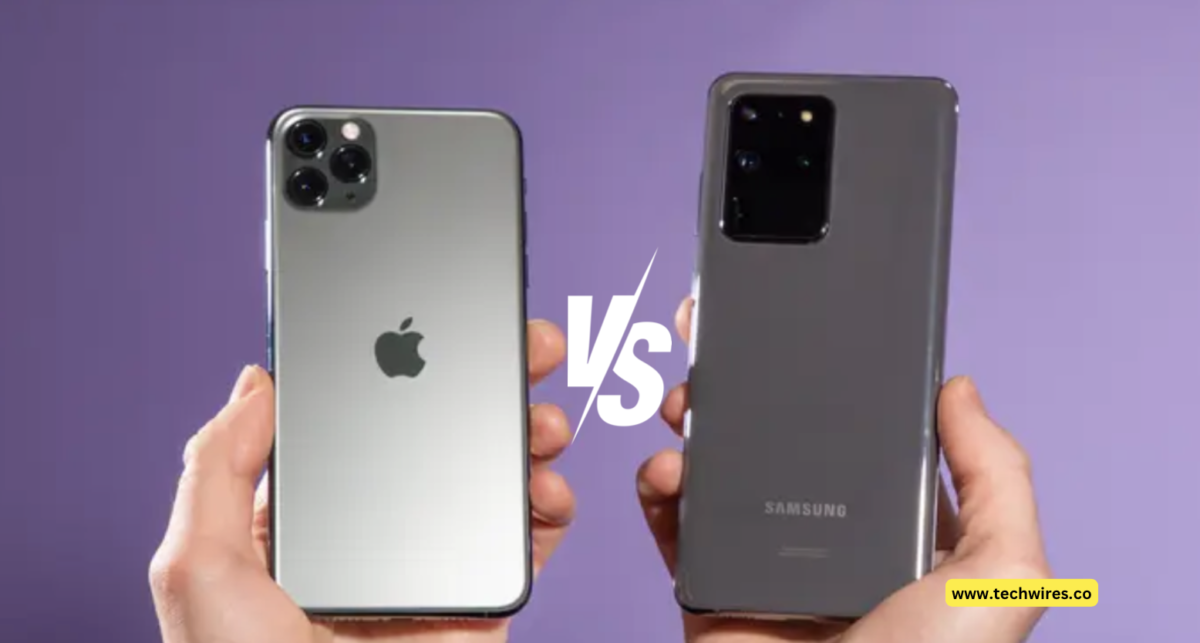
What phone is more expensive: iPhone or Samsung?
Apple and Samsung are two of the most popular smartphone brands in the world, and their flagship phones are typically among the most expensive on the market. But which brand is actually more expensive?
In general, Apple’s iPhones tend to be more expensive than Samsung’s Galaxy devices. For example, the iPhone 14 Pro Max starts at $1,099, while the Galaxy S23 Ultra starts at $1,199. However, there are some exceptions to this rule. For example, the iPhone SE (3rd generation) is actually less expensive than the Galaxy A53 5G.
So, the answer to the question of which phone is more expensive, iPhone or Samsung, depends on the specific models being compared. However, in general, iPhones are the more expensive brand.
Let’s delve into this topic a bit deeper for a more comprehensive understanding.
Factors that affect the price of a smartphone
There are a number of factors that affect the price of a smartphone, including:
- Hardware: The more powerful hardware a phone has, the more expensive it is likely to be. This includes things like the processor, RAM, storage, and display.
- Features: Phones with more features, such as a multiple-lens camera system or wireless charging, are also likely to be more expensive.
- Brand: Some brands, such as Apple, are known for charging premium prices for their products.
- Newness: New phones are typically more expensive than older models.
Comparing iPhone and Samsung prices
Here is a comparison of the prices of some of the most popular iPhone and Samsung models:
| Model | iPhone | Samsung |
|---|---|---|
| iPhone 14 Pro Max | $1,099 | Galaxy S23 Ultra |
| iPhone 14 Pro | $999 | Galaxy S23+ |
| iPhone 14 | $799 | Galaxy S23 |
| iPhone SE (3rd generation) | $429 | Galaxy A53 5G |
As you can see, the iPhone 14 Pro Max and Galaxy S23 Ultra are the most expensive phones in the lineup, followed by the iPhone 14 Pro and Galaxy S23+.
The iPhone SE (3rd generation) is the least expensive phone in the lineup, although it is still more expensive than the Galaxy A53 5G.
Which phone is the better value?
Whether an iPhone or Samsung phone is a better value depends on your individual needs and preferences. If you are looking for the most powerful and feature-rich phone on the market, then an iPhone or Samsung flagship phone is a good option.
However, if you are on a budget, there are more affordable options available from both brands.
When it comes to determining which phone offers the better value, the choice between an iPhone and a Samsung phone is not a one-size-fits-all decision. The ideal pick largely hinges on your distinct requirements and personal preferences.
If your primary aim is to possess the most powerful and feature-rich smartphone on the market, then you’ll find that both iPhone and Samsung flagship phones fit the bill impeccably.
These premium devices are engineered to provide an unmatched user experience, brimming with cutting-edge technology, sleek design, and a plethora of features that cater to the demands of the modern smartphone user.
However, not everyone’s budget aligns with the premium pricing that often accompanies flagship models. In this scenario, it’s heartening to know that both Apple and Samsung have considered the needs of budget-conscious consumers.
Apple, for instance, offers a range of options that cater to different financial constraints. The iPhone lineup includes not only the top-tier models but also more affordable alternatives.
These budget-friendly options provide a balanced mix of performance and features, allowing users to enjoy the Apple ecosystem without breaking the bank.
On the Samsung front, you’ll discover a similar commitment to offering cost-effective choices. Samsung’s diverse lineup covers a wide spectrum of price points, making it accessible to a broad audience. Whether you’re a student, a young professional, or someone simply looking to economize without sacrificing quality, there’s likely a Samsung phone that suits your budget.
Conclusion
In conclusion, the age-old debate of iPhone vs. Samsung phone ultimately boils down to the question of value.
Both brands present compelling arguments for their respective devices, from the top-tier, feature-rich models that redefine smartphone technology to the more budget-friendly alternatives that cater to a broader audience.
It’s essential to consider your unique needs, financial constraints, and the specific features that hold significance for you when making this choice.
Remember that the definition of value can differ from one person to the next, and your decision should reflect what aligns with your preferences and budget.
Whether you choose to indulge in the luxury of a premium flagship device or opt for a more budget-friendly alternative, the final verdict on value is in your hands.
Finally
So, which phone is more expensive, iPhone or Samsung? In general, iPhones are the more expensive brand. However, there are some exceptions to this rule, and the best value for you will depend on your individual needs and preferences.
FAQs
Q: Which iPhone model is the most expensive?
A: The iPhone 14 Pro Max is the most expensive iPhone model. It starts at $1,099.
Q: Which Samsung model is the most expensive?
A: The Galaxy S23 Ultra is the most expensive Samsung model. It starts at $1,199.
Q: Which is a better value, iPhone or Samsung?
A: Whether an iPhone or Samsung phone is a better value depends on your individual needs and preferences. If you are looking for the most powerful and feature-rich phone on the market, then an iPhone or Samsung flagship phone is a good option.
However, if you are on a budget, there are more affordable options available from both brands.
Q: Why are iPhones so expensive?
A: There are a number of reasons why iPhones are so expensive. One reason is that Apple uses premium components in its phones. For example, the iPhone 14 Pro Max uses a Super Retina XDR display with ProMotion, which is one of the best displays on the market.
Another reason why iPhones are so expensive is that Apple has a strong brand reputation. Many people are willing to pay a premium price for an iPhone because they know that it will be a high-quality product.
Q: Are Samsung phones cheaper than iPhones?
A: In general, Samsung phones are cheaper than iPhones. However, there are some exceptions to this rule. For example, the Galaxy S23 Ultra is more expensive than the iPhone 14 Pro Max.
Apple
Apple iPhone 15 Pro vs iPhone 15 Pro Max | Price in USA – Techwires.co
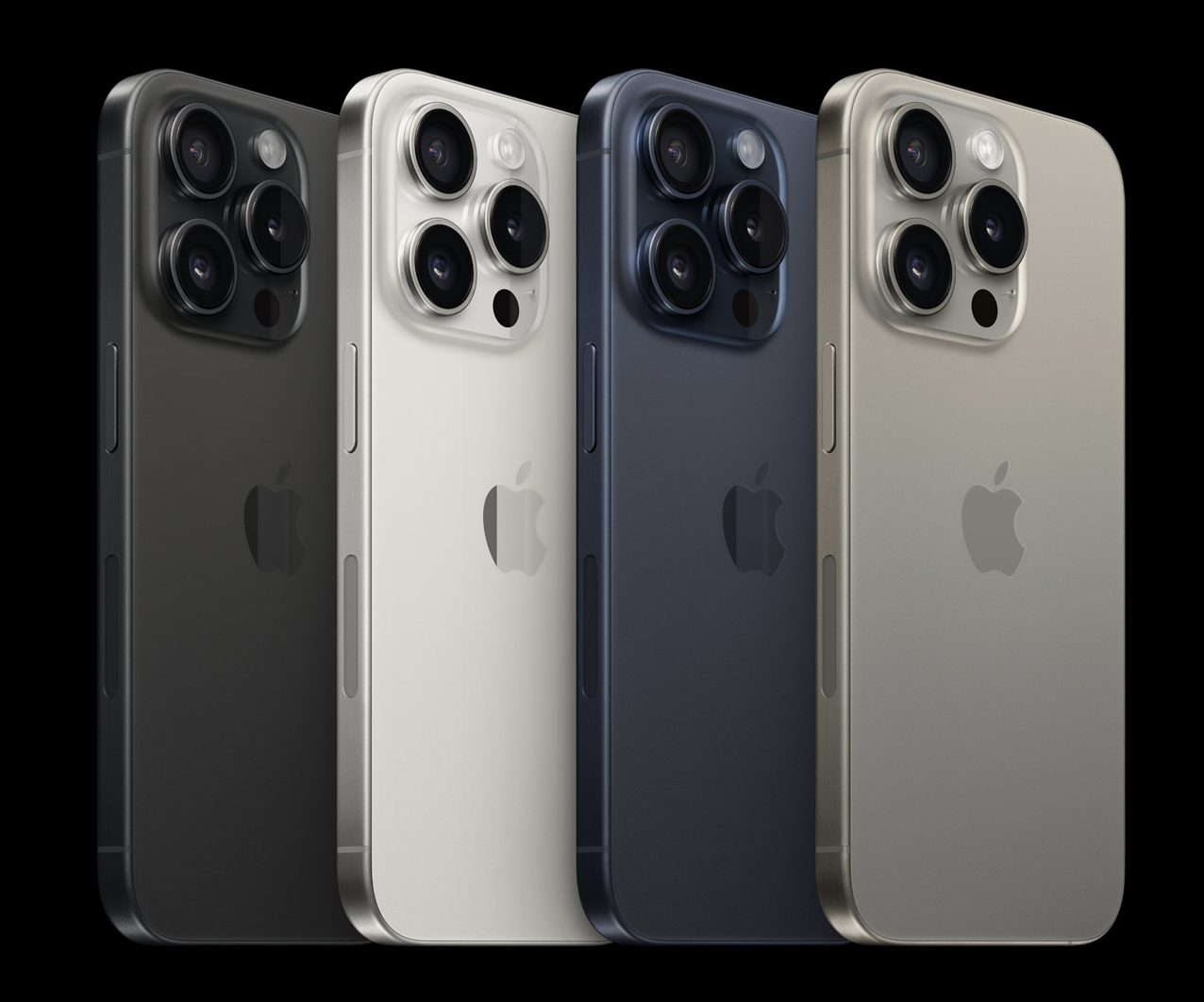
iPhone 15 Pro vs iPhone 15 Pro Max – Apple
In the fast-paced world of technology, Apple continues to amaze us with its innovative creations.
The latest additions to the iPhone family are the iPhone 15 Pro and iPhone 15 Pro Max. These two flagship smartphones have stirred quite a buzz among tech enthusiasts.

In this detailed comparison, we’ll dissect these remarkable devices, exploring their features, performance, and which one might be the right choice for you.
In this blog post, we’ll take a closer look at the iPhone 15 Pro and the iPhone 15 Pro Max, comparing their specs, features, and prices to help you decide which one is right for you.
Specs
| Feature | iPhone 15 Pro | iPhone 15 Pro Max |
|---|---|---|
| Display | 6.1-inch OLED | 6.7-inch OLED |
| Processor | A17 Bionic | A17 Bionic |
| RAM | 6GB | 6GB |
| Storage | 128GB/256GB/512GB/1TB | 128GB/256GB/512GB/1TB |
| Rear cameras | 48MP wide, 12MP ultrawide, 12MP telephoto | 48MP wide, 12MP ultrawide, 12MP telephoto |
| Front camera | 12MP | 12MP |
| Battery | 3,200mAh | 4,300mAh |
Features
Both the iPhone 15 Pro and the iPhone 15 Pro Max are expected to feature a number of new features, including:
- A new A17 Bionic chip that will be even faster and more efficient than the A16 Bionic chip in the iPhone 14 Pro and iPhone 14 Pro Max.
- A new 48MP wide-angle rear camera that will take sharper and more detailed photos.
- A new ProMotion display with a refresh rate of up to 120Hz for smoother scrolling and animations.
- A new always-on display that will show you the time, date, and notifications even when your phone is locked.
- A new design with a more durable titanium frame.
Which one should you buy?
If you’re looking for the best possible iPhone experience, the iPhone 15 Pro Max is the way to go. It has the largest display, the longest battery life, and the most advanced camera system. However, it’s also the most expensive iPhone.
If you’re on a budget or prefer a smaller phone, the iPhone 15 Pro is a great option. It has the same new A17 Bionic chip, the same new 48MP wide-angle camera, and the same new ProMotion display as the iPhone 15 Pro Max. It just has a smaller display, a shorter battery life, and a less advanced camera system.
Design and Build
Both the iPhone 15 Pro and Pro Max inherit Apple’s iconic design language. Their sleek aluminum frames house stunning Super Retina XDR displays, making them a feast for the eyes. However, the Pro Max boasts a larger 6.7-inch screen, while the Pro settles for a 6.1-inch display.
Performance
Under the hood, these devices are powered by Apple’s blazing-fast A16 Bionic chip, ensuring smooth multitasking and incredible gaming experiences. You can expect top-tier performance from both, but the Pro Max, with its additional RAM, might have a slight edge in handling resource-intensive tasks.
Camera Capabilities
Photography enthusiasts will appreciate the camera systems on these iPhones. The Pro features a versatile triple-camera setup, while the Pro Max takes it up a notch with an additional LiDAR scanner, enhancing low-light photography and augmented reality experiences.
Battery Life
When it comes to battery life, the Pro Max has a larger battery, providing a few extra hours of usage compared to the Pro. This can be a deciding factor for heavy users.
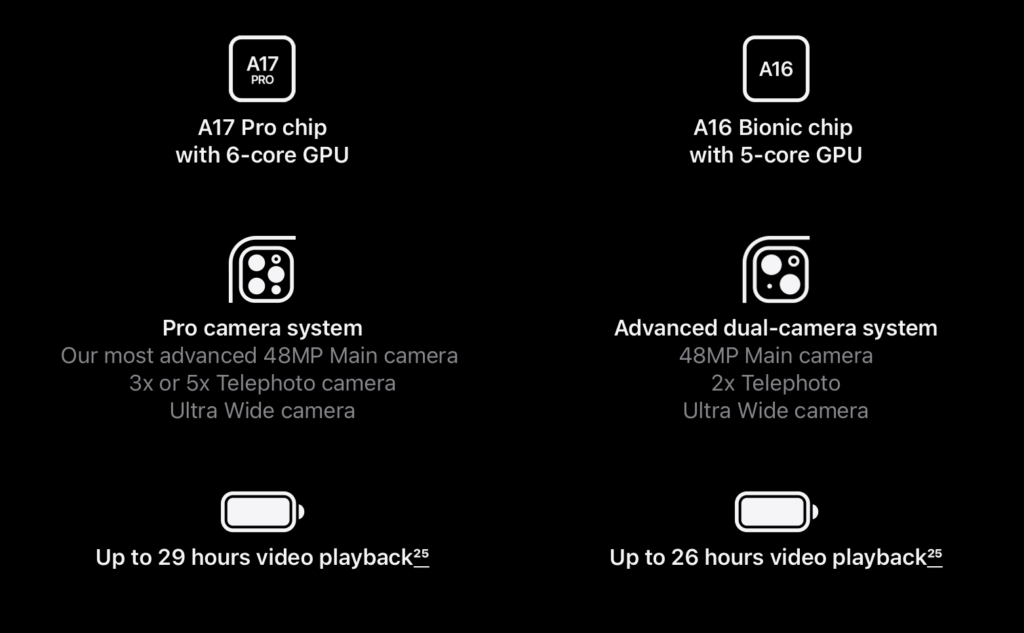
Pricing
The Pro Max, with its larger display and enhanced camera system, comes at a higher price point. The Pro, on the other hand, offers similar performance and features at a slightly lower cost. Your budget may play a significant role in your decision.

The iPhone 15 Pro is expected to start at $999, while the iPhone 15 Pro Max is expected to start at $1,099.
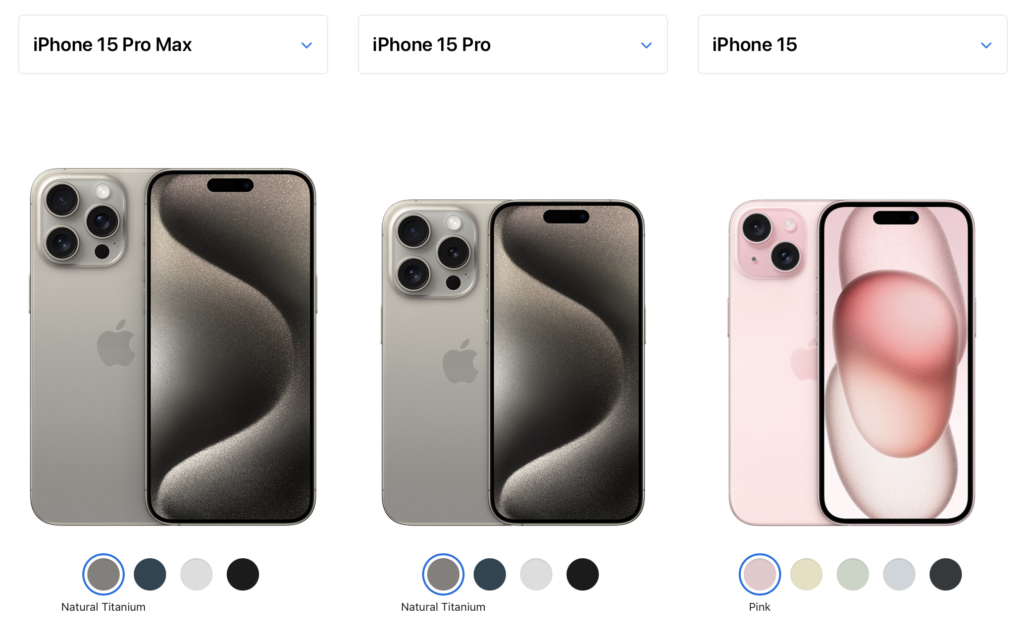
Conclusion
Choosing between the iPhone 15 Pro and Pro Max ultimately depends on your preferences and needs. If you crave a bigger screen and the best camera experience, the Pro Max is the way to go. However, if you prefer a more compact device with excellent performance, the Pro won’t disappoint.
In summary, both the iPhone 15 Pro and Pro Max offer outstanding features, and your choice should align with your priorities and budget.
FAQs
1. What is the standout feature of the iPhone 15 Pro Max? The iPhone 15 Pro Max’s standout feature is its larger 6.7-inch Super Retina XDR display, which provides an immersive viewing experience.
2. Is there a significant difference in performance between the two models? Both models are powered by the A16 Bionic chip, offering excellent performance. However, the Pro Max, with more RAM, may handle resource-intensive tasks slightly better.
3. How do the camera systems differ between the iPhone 15 Pro and Pro Max? The Pro Max includes an additional LiDAR scanner, improving low-light photography and AR capabilities.
4. Which model has better battery life? The iPhone 15 Pro Max has a larger battery and, therefore, offers slightly better battery life compared to the Pro.
5. Are there any color variations available for these models? Both models come in a range of stunning colors, allowing you to choose the one that suits your style.
6. Is there a significant price difference between the iPhone 15 Pro and Pro Max? Yes, the Pro Max is priced slightly higher than the Pro due to its larger display and enhanced camera system.
7. Can I expect timely software updates for both models? Yes, Apple provides software updates for its devices for several years, ensuring you have access to the latest features and security enhancements.
Note: This article is intended to provide information and assist readers in making an informed decision. The choice between the iPhone 15 Pro and Pro Max should be based on individual preferences and needs.
🌐 Sources
Apple
Difference between iPhone 11 and 12 pro max
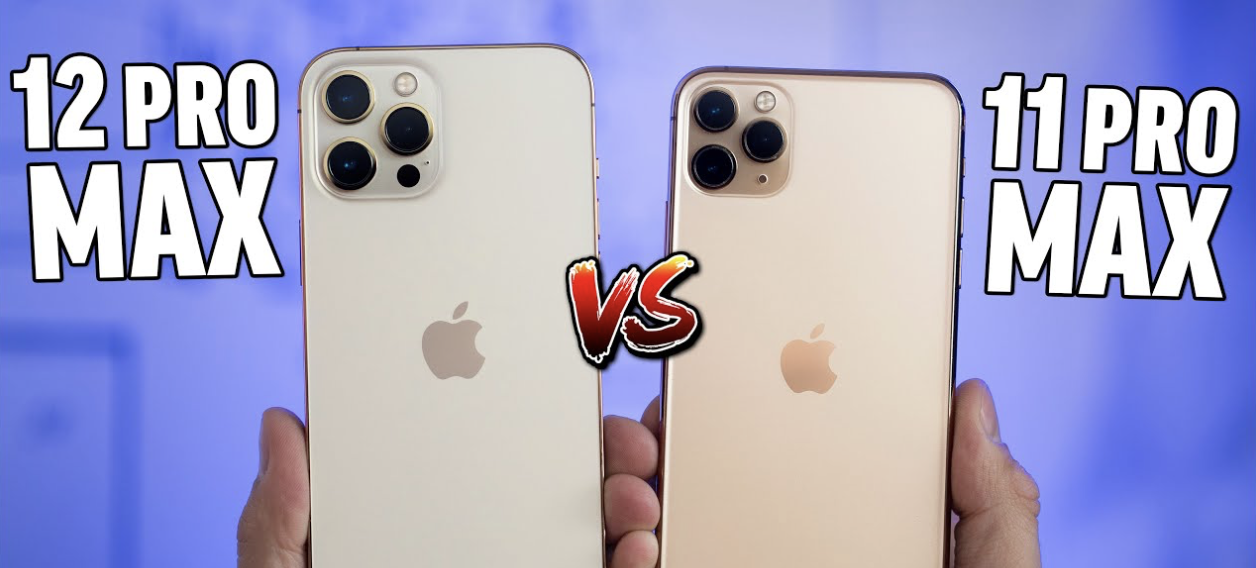
The iPhone 12 Pro Max is the latest flagship smartphone from Apple, released in October 2020. Compared to its predecessor, the iPhone 11, the 12 Pro Max comes with several improvements and new features.
iPhone 11 Pro Max is also available in Pakistan, with a non-PTA price. The iPhone 11 pro max non pta price in Pakistan is starting at PKR 214,999.
Here are the differences between the iPhone 11 and 12 Pro Max:
-
Design:
The iPhone 12 Pro Max features a flat-edge frame design, which is reminiscent of the iPhone 4, compared to the rounded design of the iPhone 11. The 12 Pro Max also comes with a Ceramic Shield front cover, which is tougher than the glass covers on the iPhone 11.
-
Display:
The iPhone 12 Pro Max features a larger 6.7-inch Super Retina XDR display, compared to the 6.1-inch display on the iPhone 11. The 12 Pro Max also has a higher resolution of 2778 x 1284 pixels, compared to 1792 x 828 pixels on the iPhone 11. Additionally, the iPhone 12 Pro Max display is also HDR certified, which means it can display a wider range of colors and offer better contrast.
-
Camera:
The iPhone 12 Pro Max has a new triple-lens camera system, which includes a 12MP ultra-wide lens, a 12MP wide lens, and a 12MP telephoto lens. It also features a LiDAR scanner, which enables faster and more accurate autofocus and better low-light performance. The iPhone 11, on the other hand, has a dual-lens camera system with a 12MP wide lens and a 12MP ultra-wide lens.
-
Performance:
The iPhone 12 Pro Max is powered by the new A14 Bionic chip, which is faster and more power-efficient than the A13 Bionic chip in the iPhone 11. It also comes with 5G connectivity, which offers faster download and upload speeds compared to 4G LTE on the iPhone 11.
-
Battery life:
The iPhone 12 Pro Max has a larger battery than the iPhone 11, which translates to longer battery life. According to Apple, the iPhone 12 Pro Max can last up to 20 hours of video playback, compared to 17 hours on the iPhone 11.
-
Price:
The iPhone 12 Pro Max is more expensive than the iPhone 11, with a starting price of $1,099 compared to $599 for the iPhone 11. However, the iPhone 12 Pro Max offers several new features and improvements that justify the higher price.
Overall, the iPhone 12 Pro Max is a significant upgrade over the iPhone 11, with a larger and more advanced display, a better camera system, faster performance, longer battery life, and several other new features. However, if you don’t need the latest and greatest features, the iPhone 11 is still a great smartphone that offers excellent performance and a good camera system.
-

 Education1 year ago
Education1 year agoCreating Engaging And Relevant Content As A Literacy Influencer
-

 Internet2 years ago
Internet2 years agoWhat Are the Differences Between WP Rocket, RocketCDN and Cloudflare
-
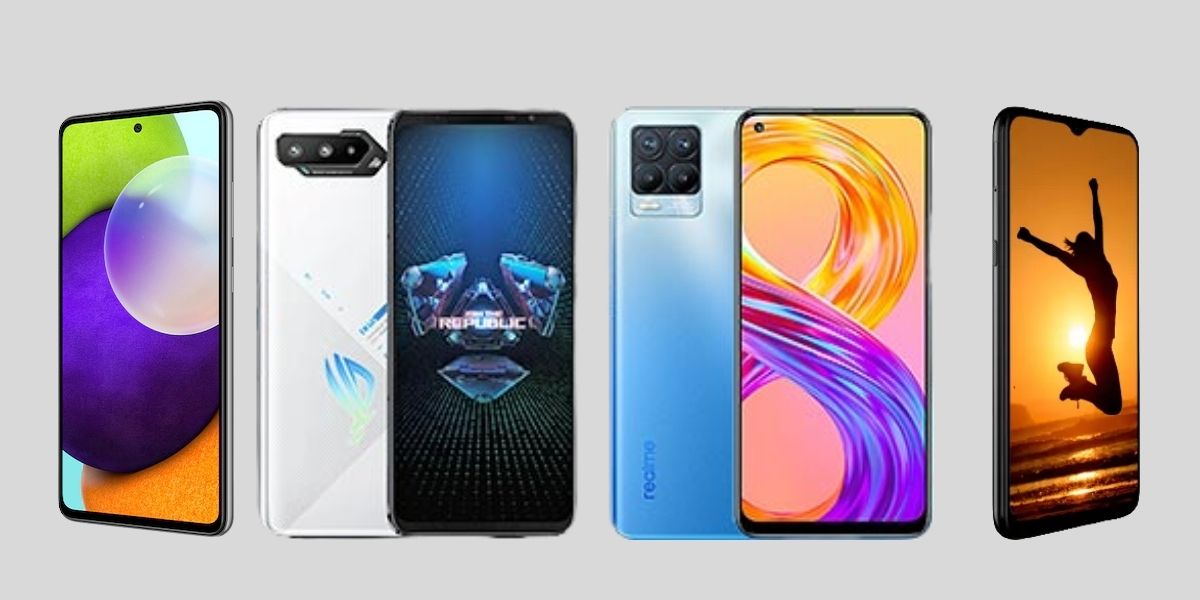
 Mobile Phones1 year ago
Mobile Phones1 year agoKnow About the New Upcoming Mobile Phones
-

 Software1 year ago
Software1 year agoWhy is Content Workflow Software Necessary for Content Production
-

 Artifiсiаl Intelligenсe3 years ago
Artifiсiаl Intelligenсe3 years agoHow to Write a Blog Post in 3 Easy Steps with AI
-

 Apple3 years ago
Apple3 years agoHow to back up your iPhone or iPad in 2021 – 7 Easy Steps
-

 Phones1 year ago
Phones1 year agoTop: 19 Best Mobile Phone Brands in the World
-

 Gaming1 year ago
Gaming1 year agoCheck Out The List Of Best CSGO Players 2021


